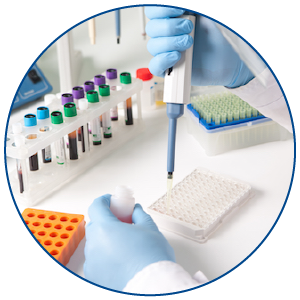Genital herpes can be passed from one person to another during sexual contact. Anyone who is sexually active can get the virus. Both men and women can have genital herpes, and pass it on. The herpes simplex virus is most likely to be passed on just before, during or straight after an outbreak.
Genital herpes can be passed on:
- From one person to another during vaginal or anal sex, or by sharing sex toys
- During skin to skin contact. It can be passed on by close genital contact – you don’t need to have penetrative sex (vaginal or anal) to pass it on
- During skin to skin contact if the virus is active on the skin areas not protected by a condom or latex square
- If you receive oral sex from someone who has a cold sore or is just about to get one
- If a person with herpes on the hand or finger touches a partner’s vagina, genitals or anal area
If you already have one type of Herpes simplex virus, it is still possible for you to get the other type although you may not notice symptoms. You cannot get genital herpes from kissing, hugging, sharing baths or towels, toilet seats, swimming pools or from sharing cups, plates or cutlery.
Can I pass the virus to a partner when I have no signs or symptoms?
In some people, the body can shed the virus from the skin or mucous membranes without there being any signs or symptoms of genital herpes. This is called asymptomatic shedding or viral shedding. It is possible to pass the virus on during periods of asymptomatic shedding but for most people the risk is low. Shedding is higher in the first year after infection and if you have frequent outbreaks. The longer the time between outbreaks the less likely you are to have any asymptomatic shedding.





